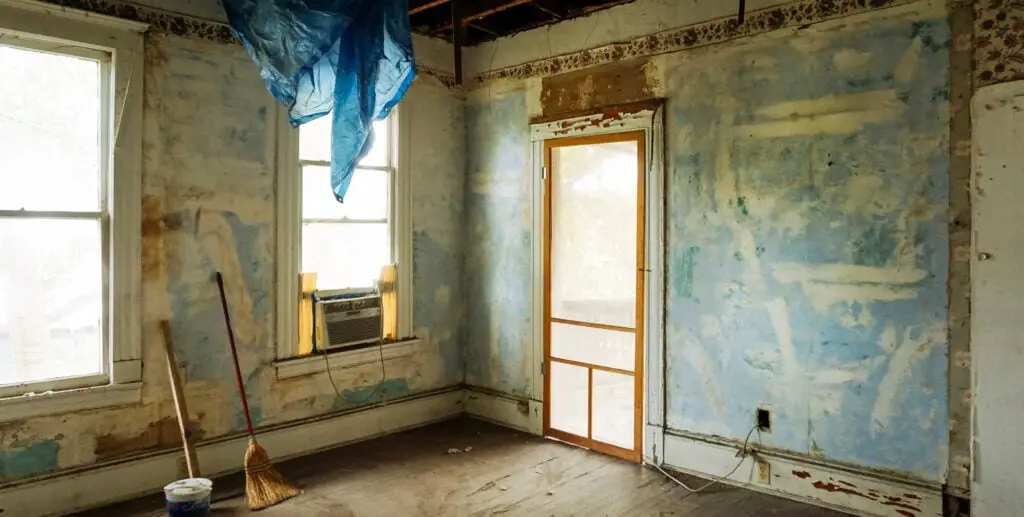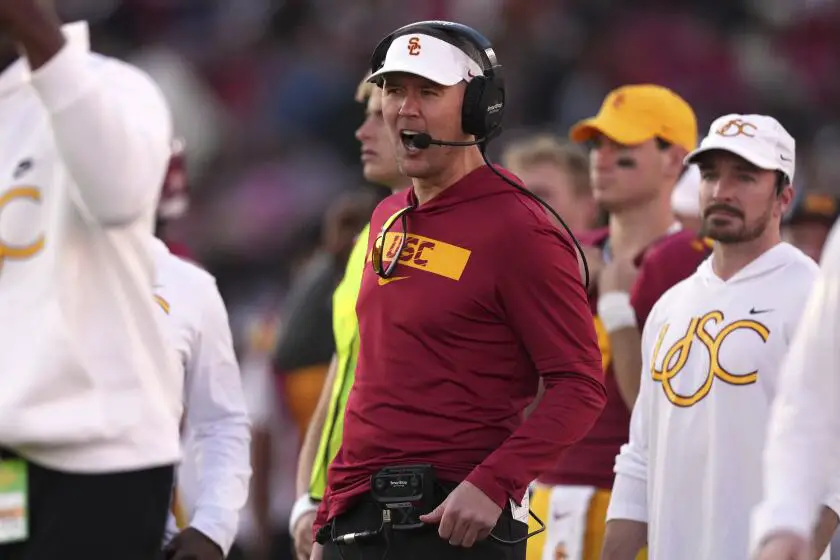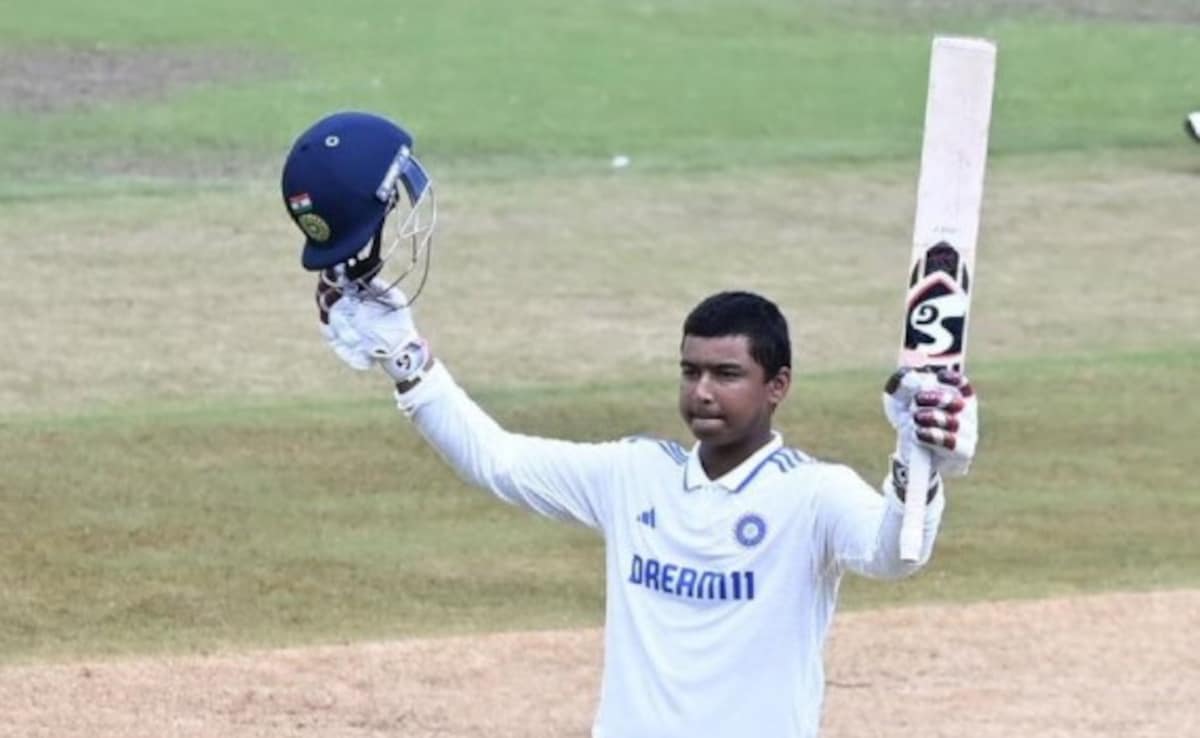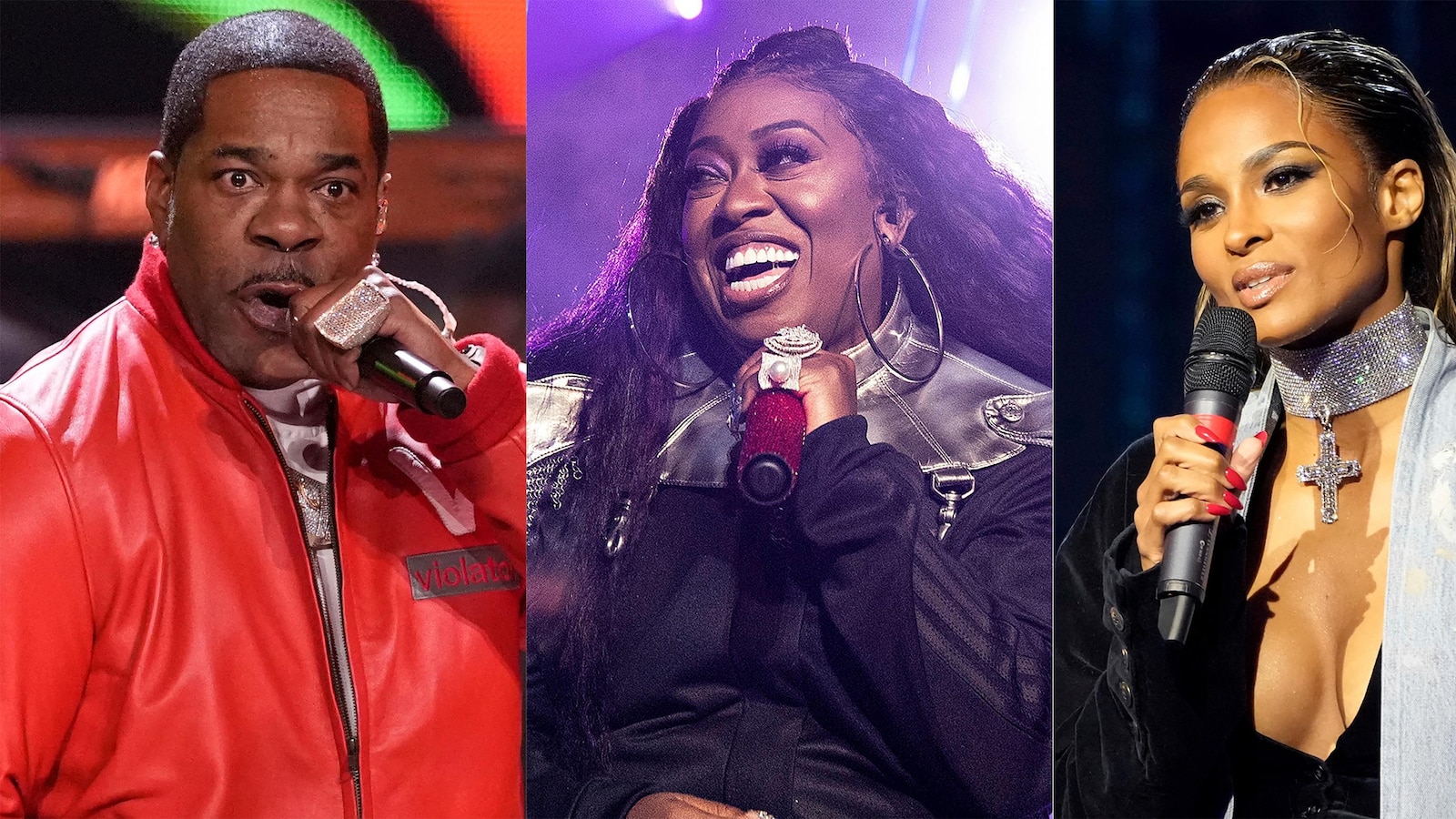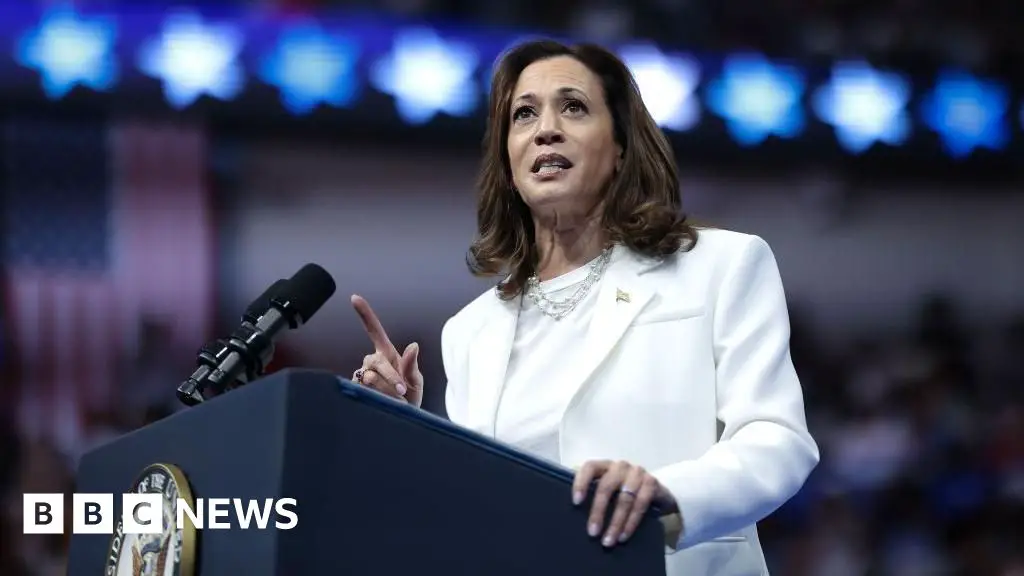
Its rules are similar to that of the June debate between President Joe Biden and Trump, hosted by CNN, in which Mr Biden’s poor performance led to a chorus of calls asking him to step down from the Democratic Party’s nomination.
Political watchers suggested at the time that the muted mics rule used in that debate may have benefited Trump, as it limited his ability to interrupt Mr Biden and speak off-the-cuff, and helped him deliver a more measured performance.
In a letter to ABC on Wednesday, the Harris campaign said it still believed it would be “fundamentally disadvantaged” by the debate’s format, saying it would “serve to shield Donald Trump from direct exchanges with the vide-president.”
But the campaign added that it was accepting the rules so that the debate could go ahead.
“We understand that Donald Trump is a risk to skip the debate altogether, as he has threatened to do previously, if we do not accede to his preferred format,” it said.
“For this reason, we accepted the full set of rules proposed by ABC, including muted microphone.”
The Trump campaign said in a statement it was “thrilled that Kamala Harris and her team of Biden campaign leftovers” have “accepted the already agreed-upon rules.”
Trump himself, however, previously indicated that he would accepted un-muted mics.
He attacked host network ABC in an interview with Fox News on Wednesday, questioning its polling and saying it was “the worst network in terms of fairness”.
He said he had only agreed to the debate “because (Ms Harris’s campaign) wouldn’t do any other network.”
The debate is set to run for 90 minutes and will be held at the Constitution Center in Philadelphia. It will be moderated by ABC anchors David Muir and Linsey Davis.
Both candidates will not be giving opening statements, and they are not allowed to communicate with their campaign staff during commercial breaks.
Like the CNN debate, there will be no live audience inside the venue.



